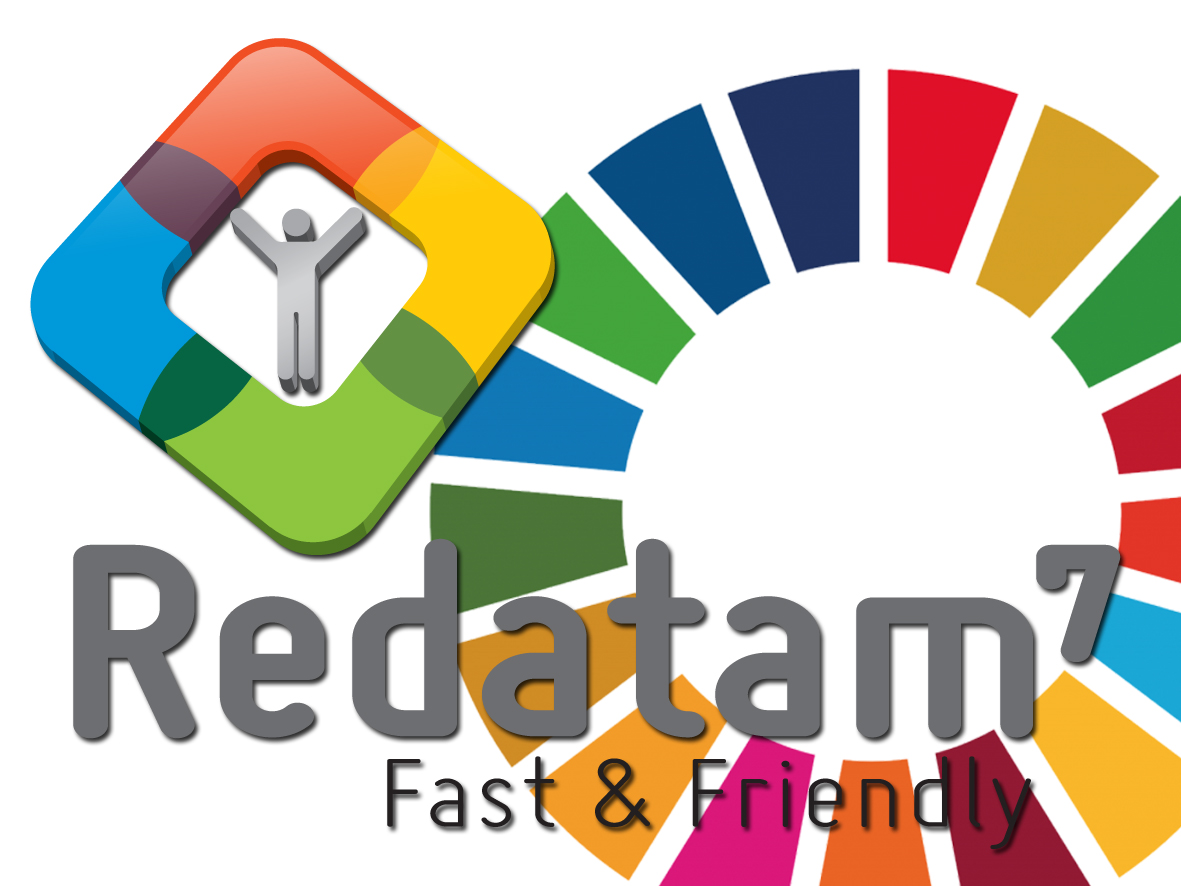Briefing note
This workshop is organized in conjunction with the United Nations Statistics Division (UNSD), within the framework of the “UNDA10 Program on Statistics and Data” project. As an activity related to this project, the draft of the technical report on the measurement of the SDG indicators based on data from the Population and Housing Census and Vital Statistics will be presented during the workshop.
The region faces substantive challenges related to data sources in order to measure real progress in achieving the objectives and goals of the development agendas. However, population and housing censuses appears to be a primary source of information and should be considered as essential information for the calculation of the follow up indicators. Census are universal, they apply to the whole population within a country, they provide basic information at the dwelling household and person levels, allowing the socio demographic characterization of the population and its living conditions.
Likewise, census round 2020 is starting in many countries of the region. Having 2010 and 2020 censuses available will allow to monitor the agenda 2030 through the comparison of the indicators.
Redatam offers key features for the processing of microdata, such as its hierarchical data structure, the friendly interface, data confidentiality, and at the same time, disaggregated processing and analysis for specific population groups.
Through the Redatam tool and its on-line processing web module (www.redatam.org), significant contributions have been made to democratize the access to population and housing censuses, surveys, civil registries, etc.
This workshop offers the opportunity to process, analyze and map information from population and housing censuses with priority in the generation of indicators defined in the SDG goals which can be derived form censuses as the prime source with Redatam language. The indicators can be computed with the proposed disaggregation: urban rural areas, age groups, sex, disability, indigenous peoples, employment status, etc. For example:
- 11.1.1 Proportion of urban population living in slums, improvised settlements or insufficient housing
- 1.1.1 Proportion of the population living below the poverty line, disaggregated by sex, age group, employment status and geographic location (urban or rural).
- 1.4.1 Proportion of the population living in households with access to basic services. etc.
In turn, in this opportunity we will offer two types of participation:
- Face-to face mode in Santiago, Chile and
- Through simultaneous internet connection via Streaming/Webex platform.
In both modalities, participants must register by completing the registration form and pay registration fee of USD $ 250 for face to face mode (5 days) and USD $ 300 dollars for streaming mode (6 days), since in this case an evaluation will be included on the sixth day. In the streaming mode, an access code will be assigned to the participants who register and send a copy of the fee payment (Note: The fee does not include other costs such as transportation, lodging, food, etc.).
Please confirm your interest by submitting the following form through the Internet, by e-mail to orly.winer@cepal.org. Address additional questions regarding the content of the workshop to alejandra.silva@cepal.org
